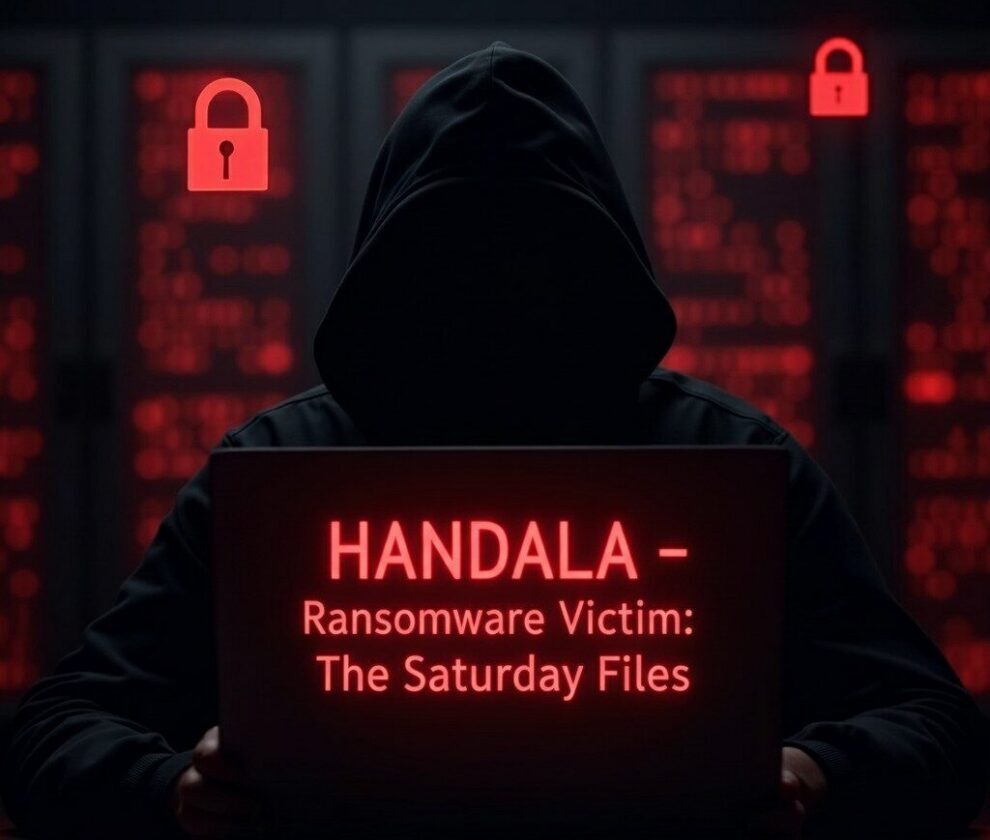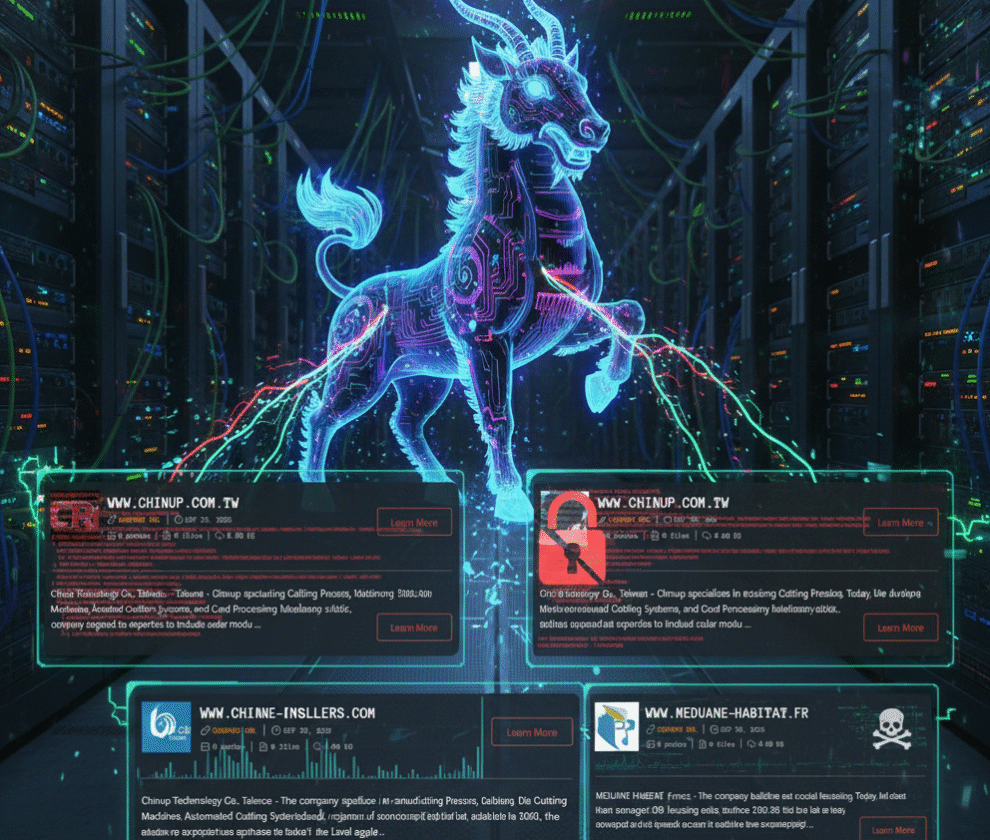Cyberattacks are rapidly growing in scale and frequency globally, targeting organizations across various sectors. Recently, More Than Gourmet (MTG), a renowned American producer of premium culinary products, became the victim of a significant cybersecurity breach. This article uncovers the details of the QILIN group’s cyberattack, its implications, and how businesses can bolster defenses against such threats.
The Food Production Industry: A Strategic Target
In today’s digital era, the food production and distribution sector has emerged as a prime target for cybercriminals. Companies like More Than Gourmet deal with sensitive information, including proprietary recipes, financial records, and the personal data of employees and customers, making them vulnerable to attacks.
On October 22, 2025, MTG faced an alarming incident when the QILIN cybercriminal group executed a ransomware attack. This breach led to a significant data leak, exposing valuable intellectual property and confidential corporate information, shaking the foundational trust amongst MTG stakeholders.
Deciphering QILIN’s Mode of Attack
QILIN implements a sophisticated ransomware-as-a-service (RaaS) operation that emphasizes data exfiltration over encrypting business-critical files. Unlike traditional ransomware strategies, they focus on stealing and weaponizing information.
In the case of MTG, reports confirm that proprietary formulations, financial documents, and employee personal details were exfiltrated. As one cybersecurity expert quoted,
“The stolen data—including 19 leaked document screenshots—is reportedly being sold on the Dark Web, presenting both financial and reputational risks to targeted organizations.”
Such exposure leaves companies like MTG grappling not only with direct damages but also the ripple effects of compromised intellectual property and shaken stakeholder trust.
Fallout and Strategic Impact on More Than Gourmet
The data leak places More Than Gourmet in a precarious position. Key repercussions include:
- Loss of Intellectual Property: Crucial recipes and industrial secrets may fall into competitors’ hands.
- Regulatory Ramifications: Potential investigations and penalties for violations of data privacy regulations.
- Erosion of Trust: Strained relationships with clients and partners who question the company’s ability to secure sensitive data.
Organizations must, therefore, recognize that recovering from such a breach often involves more than financial loss—it requires rebuilding trust and re-establishing compliance with cyber regulators.
Preventive Strategies for Resilient Cybersecurity
The More Than Gourmet cyberattack underscores a glaring need for robust cybersecurity strategies in the food production industry. Here’s how businesses can protect themselves:
1. Proactive Risk Assessments
Schedule regular audits to identify infrastructure vulnerabilities. These assessments should be exhaustive, covering hardware, software, and human factors.
2. Employee Cybersecurity Training
Human errors are often exploited by hackers. Comprehensive training ensures employees can identify phishing attempts and other suspect activities.
3. Enhance Technological Defenses
Deploy advanced intrusion detection software and encryption technologies to safeguard sensitive data. Integrating multifactor authentication is equally important.
4. Implement Data Segmentation
Isolate critical information into segmented systems to ensure limited damage in case of an attack.
The Essential Role of Economic Intelligence
To address the increasing sophistication of cyberthreats, businesses are leveraging the expertise of economic intelligence firms. Such firms combine real-time monitoring, strategic analysis, and actionable insights to help companies detect threats before they materialize.
For example, Lynx Intel specializes in cybersecurity intelligence and has been a key ally for organizations across the food sector, offering services like real-time threat identification, competitor analysis, and tailored risk mitigation strategies.
How Lynx Intel Can Safeguard Your Organization
At Lynx Intel, we empower businesses to navigate the intricate web of cyber risks. From evaluating system vulnerabilities to deploying advanced defense mechanisms, we ensure our clients stay ahead of threat actors like QILIN.
Our tailored solutions offer a holistic safeguard—covering everything from food production supply chains to customer-facing digital interfaces. Partnering with Lynx Intel equips your organization to not just combat cyber risks but emerge stronger and more resilient.
Building Resilience Against Cyber Threats
The QILIN attack on More Than Gourmet is a stark reminder about the ever-present danger of cyber threats. However, this also illuminates a pathway towards empowering industries with the necessary tools and strategies to mitigate these challenges.
Organizations must prioritize robust cybersecurity frameworks, employ proactive intelligence measures, and collaborate with firms like Lynx Intel to navigate the evolving threat landscape. In doing so, they not only shield their operations but also cultivate an environment of digital trust and resilience.
Interested in bolstering your cybersecurity defenses? Contact Lynx Intel today and let us help secure your future!


